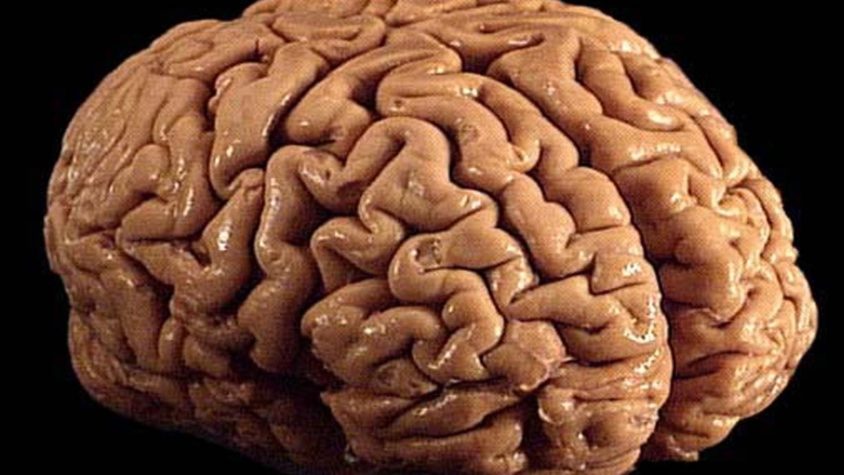By Staff Writer Dementia • A syndrome, not a disease. • It is a group of symptoms that affects mental cognitive tasks such as memory and reasoning. • People can have more than one type of dementia known as mixed dementia. • According to World Health Organization, 47.5 million people around t...
By Staff Writer
Dementia
• A syndrome, not a disease.
• It is a group of symptoms that affects mental cognitive tasks such as memory and reasoning.
• People can have more than one type of dementia known as mixed dementia.
• According to World Health Organization, 47.5 million people around the world are living with dementia.
• Symptoms include forgetfulness and confusion.
• As it progresses into advanced stages behaviors can turn into depression and aggression.
• People are more likely to develop dementia as you age, but some other contributing factors are infections such as HIV, vascular diseases, stroke, depression and chronic drug use.
• Some treatment includes analyzing the conditions that causes dementia, such as drugs, tumors, metabolic disorders and hypoglycemia.
• Under most circumstances, the disease is not reversible.
Alzheimer’s
• A progressive disease of the brain that slowly causes impairment in memory and cognitive function.
• The National Institutes of Health estimate that more than 5 million people in the United States have Alzheimer’s disease.
• Symptoms generally begin after age 60, but can also occur in younger people.
• Damage to the brain begins years before symptoms appear.
• Abnormal protein deposits form plaques and tangles in the brain.
• Connections between cells are lost, and they begin to die. In advanced cases, the brain shows significant shrinkage.
• Symptoms include difficultly remembering recent events or conversations, apathy, depression, impaired judgment, disorientation, confusion and behavioral changes.
• In advanced stages it can cause difficulty speaking, swallowing and walking.
• There is no known cure for Alzheimer, but there are options to manage symptoms.

